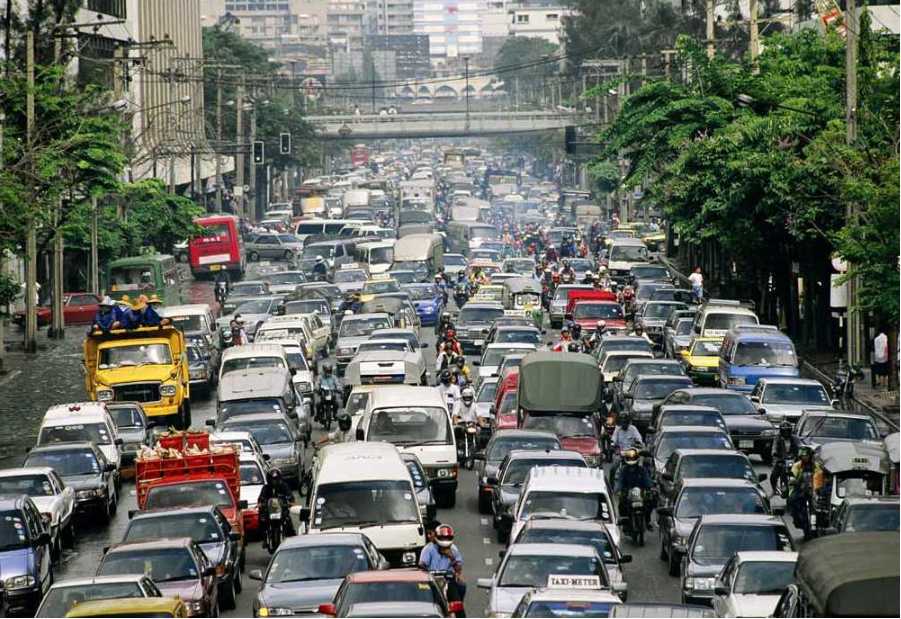Breaking
DENR calls upon DOE to advance implementation of clean fuel system
MANILA, Philippines– The Philippines, a long-time laggard in putting into practice cleaner fuel standard, is looking to finally revamp its guidelines for new passenger and light duty vehicles.
According to the Department of Environment and Natural Resources (DENR), they have urged the Department of Energy (DOE) to seek an earlier date of implementation of the Euro 4 fuel standards for said vehicles.
Environment Secretary Ramon Paje Jr. emphasized the “urgent need to improve Metro Manila’s air quality,” and recommended that new emission limits be enacted in June 2015, rather than the original target of January 2016.
Paje pointed out that vehicle emissions are the main air pollutants – contributing to as much as 70-80 percent of air pollution – within Metro Manila.
He added that the sulfuric content of these pollutants is highly hazardous to the health of those who are constantly exposed to these emissions.
“Clearly, the key to improving Metro Manila’s air quality is by addressing the biggest source of pollution, which is motor vehicles,” Paje said.
“We are therefore proposing an early implementation of the Euro 4 standards for automobile fuels and the scrapping of older high polluting vehicles,” he said.
Since 2008, the Philippines has been abiding by the Euro 2 emission limits. The decision to transition to Euro 4 standards in Jnauary of 2016 was made way back in 2010.
Euro 2 fuel types’ sulfuric content is 500 parts per million (ppm) compared to 50 ppm for Euro 4 fuels.
Clean air proponents are calling for an earlier date of implementation for the Euro 4 system, as it will take up to 15 years to replace all vehicles currently adhering to the Euro 2 standards.
In this regard, Paje strongly recommended that the Department of Transportation and Communications (DOTC) to phase out vehicles that were 15 years and older, as generally consume more fuel and produce more emissions.
However, if a compromise to a total phase-out is necessary, Paje surged that the DOTC ban older vehicles from major roads: “Heavier traffic means more idling time for vehicles on the road. This leads to more emissions, and older vehicles have more toxic emissions,” he said.






















